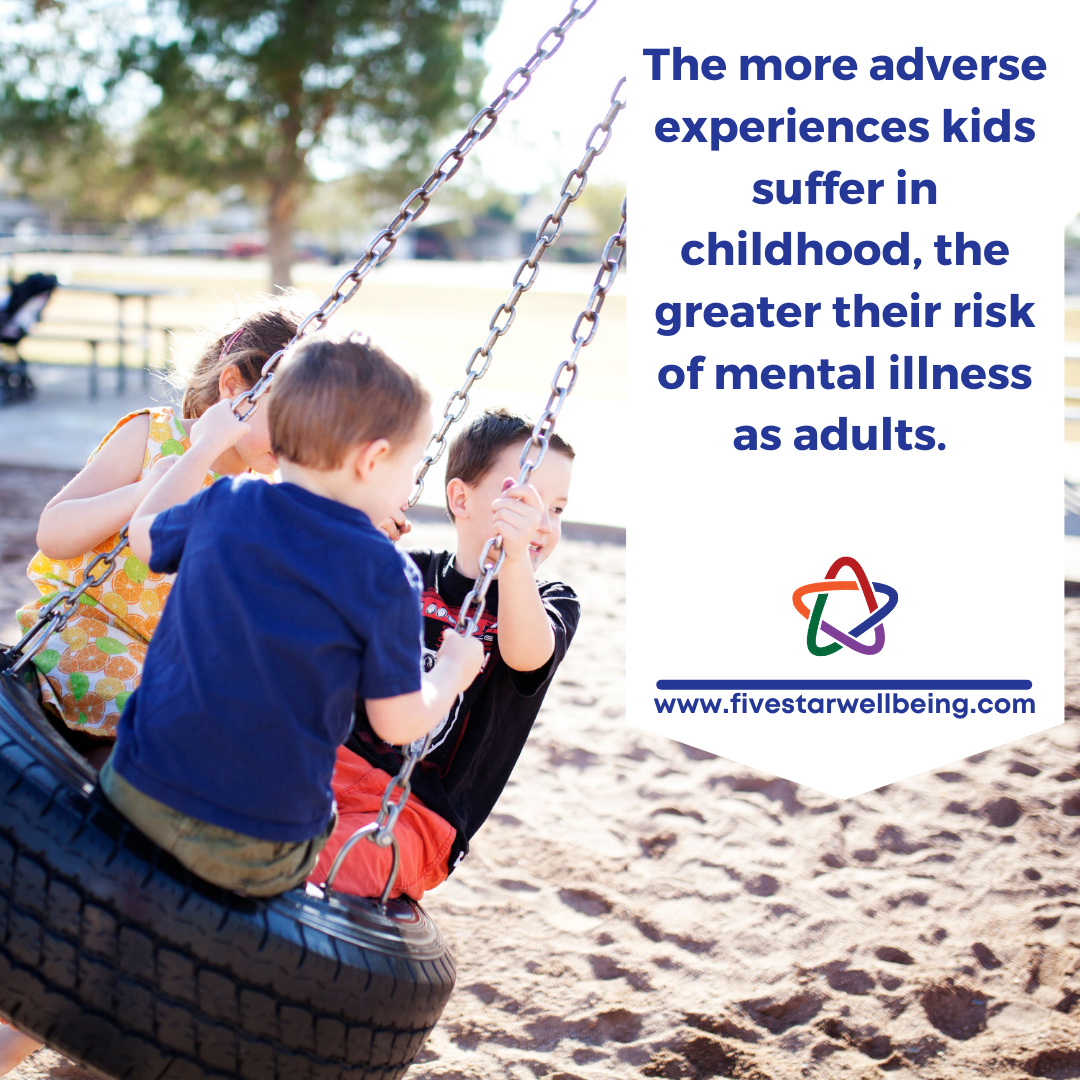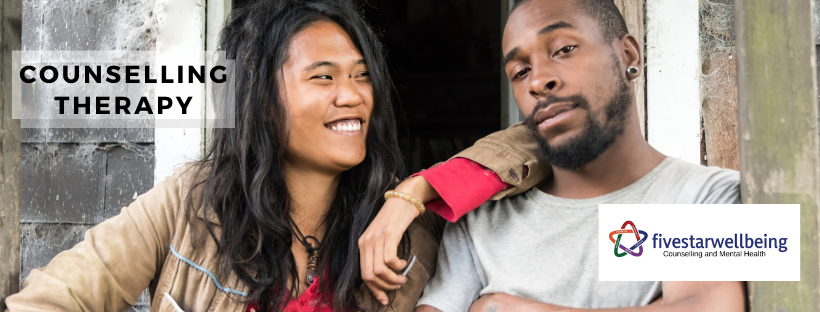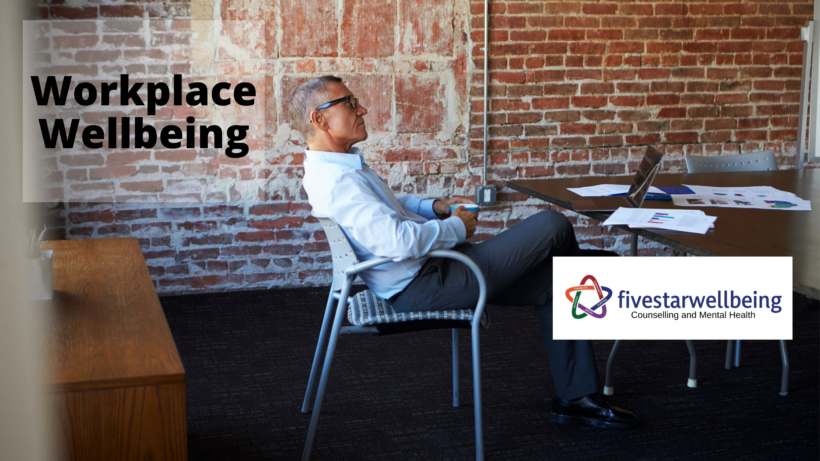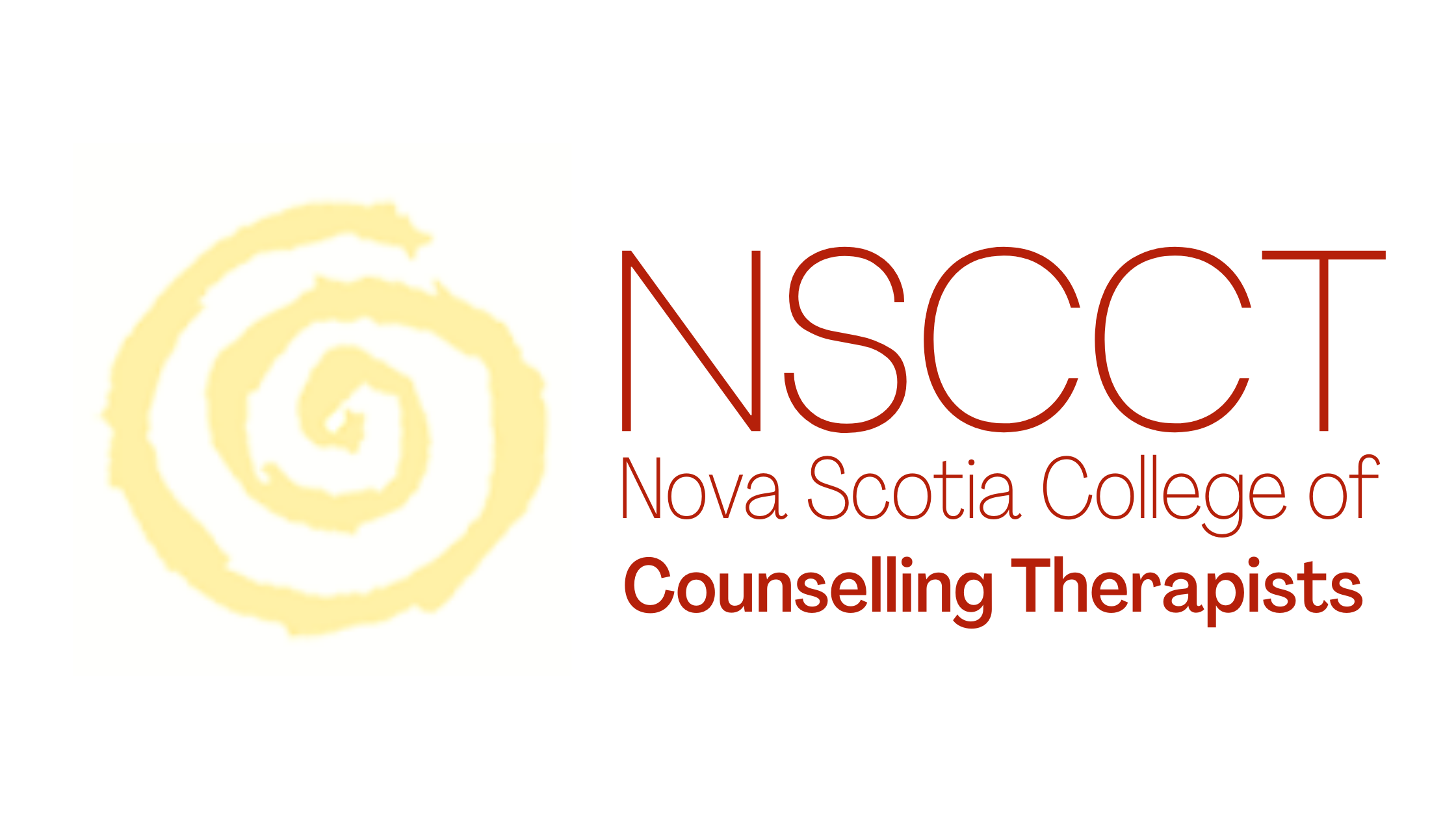If you’ve ever struggled with weight loss, you might worry it has something to do with your commitment, willpower, or character. But have you ever considered there might be underlying reasons getting in the way of your goals?
Weight loss programs are often embraced by individuals and are a common part of workplace wellness programs. Most programs see weight loss as a matter of willpower; a simple calories in vs. calories out equation. But anyone who's ever struggled with weight loss knows sticking to a weight loss plan isn’t so simple.
My clients often blame themselves for their inability to stick to weight loss plans, for giving in to cravings for unhealthy food, and for what they see as their poor self-discipline. But looking deeper together, we often find a complicated history of stress, emotional abuse, trauma and feelings of unworthiness as the true barriers.
Stress and Weight Change
Stress is a significant factor in weight change. According to a recent American Psychological Association report, Stress in America, 61% of Americans experienced undesirable weight change during the COVID-19 pandemic, with 42% saying they gained weight unintentionally. Average weight gain was 29 pounds, and 1 in 10 people said they gained over 50 pounds.
Under acute stress, adrenaline rises and appetite is naturally suppressed as part of the fight or flight response. So during times of crisis, it's common for people to lose weight. But with long term chronic stress, the body produces cortisol, a stress hormone that increases appetite and can result in longer term weight gain.
With trauma and emotional abuse the problem can be even more serious. You can become trapped in a coping cycle that includes reduced social and physical activity, loss of sleep, increased food and alcohol consumption and increases in weight and mental health problems. All of these result in lower energy, mood and greater hopelessness.
Trauma, Weight Loss and Mental Health
Back in the 1980s, Dr. Vincent Feletti solved the puzzle of why more than half of the patients in his obesity clinic dropped out each year before achieving their goals - even after losing significant weight.
Dr. Feletti’s clinic focused on severely obese patients who were 100-600 pounds overweight. He accidentally made a painful discovery while surveying a patient. Instead of asking how old his client was when she first was sexually active, he accidentally asked, “How much did you weigh when you were first sexually active?” Her answer came as a shock; “Forty pounds,” she responded. She disclosed being sexually abused by her father at four years old, and it led to a revelation to both about her subsequent weight gain.
The discovery led him and his colleagues to begin asking patients about adverse life experiences in the lives of obesity clinic dropouts. What they found was that as patients lost weight as part of the program, many were suddenly filled with an immobilizing sense of vulnerability and fear.
"Overweight is overlooked, and that's the way I need to be."
Female patients discovered they were suddenly being courted by men. Male participants who themselves had been physically or sexually abused suddenly felt physically vulnerable, too. One woman reported, “Overweight is overlooked, and that’s the way I need to be.” Two male prison guards shared that, “They felt much safer going to work looking ‘big as a refrigerator’ instead of normal size.” Losing weight raised anxiety to intolerable levels.
After adding trauma oriented questions about childhood experiences to their research, Feletti and his team replicated the research with funding from the Centre for Disease Control and Prevention. A fifteen year longitudinal study with over 17,000 patients unearthed how adverse childhood events can have a deep and lasting impact on adult health.Adverse Childhood Experiences and Mental Health
Feletti’s team began examining different types of adverse childhood experiences. They differentiated between three types of abuse; sexual, verbal and physical, as well as other types of family dysfunction; parental mental illness, alcoholism, domestic abuse, incarcerated family members, loss of a parent due to divorce, abandonment and physical neglect.
Not only did the study revealed a clear link between childhood trauma and mental illness, it also found links to chronic illness, employment and prison time. Two-thirds of those in the study had more than one adverse experience. In fact, many experienced multiple painful or traumatic childhood experiences. It turned out the more kids had suffered in childhood, the more likely they were to be overweight, experience mental illness and experience medical and social problems as adults.
Mindful Lifestyle Change
A healthy weight loss plan promotes a positive body image and overall wellbeing, while addressing emotional abuse, trauma and self-criticism. It requires a healthy relationship with yourself and your community. When you see weight loss as just a physical problem, it becomes a practice of willpower and commitment.
Plans that neglect emotional history may do harm or even re-victimize people. Beware of fad diets, well-meaning life coaches, fitness trainers and weight loss "experts," and even workplace-wellness programs that are selling you personal or physical transformation. Instead, choose supports that are trauma informed .
Always seek the advice of a physician before starting a weight loss plan. Working with a therapist can also be helpful to overcome experiences of stigma, shame or trauma.
Greater wellbeing and mental health are possible with the right support and a sustainable and compassionate plan.
This week, consider any past experiences you've had with making diet or other lifestyle changes. Did you have the support you needed? Were you being pushed too far too fast? Did you fall into a cycle of self-criticism that kept you stuck?
If your corporate wellness program has a weight loss plan, consider making counselling available to employees.
If you are starting a weight loss plan, be sure to follow an evidence-based weight loss plan that includes all areas of wellbeing. Wellbeing and mental health goals should never rely on willpower or self-criticism; they aren't sustainable motivators.
Instead:
- Make small, sustainable, daily changes that can become part of your lifestyle
- Focus on small changes and set goals with immediate benefits
- Increase your goals gradually
For example, make one meal each day a plant-based meal, or add a healthy snack each afternoon. Plan a 10 minute daily walk rather than train for a 5k marathon.
Most importantly, listen to your own self-talk and examine what is getting in the way. It's with patience, compassion and consistency that lasting change can be made.
Take good care,
Derrick
Wellbeing Assessment
Our Services
Our mindfulness-based approach to counselling therapy focuses on promoting your wellbeing and mental health so you can enjoy life more fully.
When you improve employee wellbeing and mental health, you improve the lives of your employees, boost morale and your bottom line.
About the Author:
Derrick McEachern is a Registered Counselling Therapist (RCT) in Nova Scotia, and a Canadian Certified Counsellor. He specializes in providing mindfulness-based cognitive therapy in the areas of addiction, healthy relationships, grief and loss, and career and life transitions. He offers workshops and webinars and consults with businesses on ways to improve employee wellbeing and mental health.
Derrick McEachern, M.Ed., RCT, CCC
Counselling Therapist, Owner
Five Star Wellbeing Counselling and Mental Health
tel: 902 698 1194
[email protected]
https://fivestarwellbeing.com










